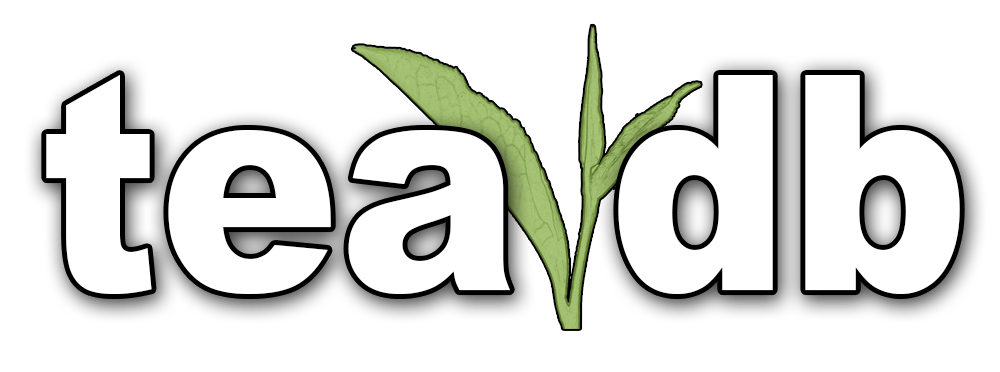I’ve stored tea for around six years now in Seattle and while I’ve fussed a bit over a few small things, the methodology has been overall consistent. The pu’erh has been stored in an enclosed container with Boveda packs to ramp up the humidity to around 65RH. Airflow is low. Most people would call this a pumidor. Every year I look at my spreadsheet and decide on pulling a few teas to retry.
(more…)Tag: Sample Tea
-
Sample Tea’s 2013 Pudi “Yiwu” — TeaDB James InBetweenIsode Episode #30
A nice, well-above average quality tea from Sample Tea.
-

Pu’erh Vendor Guide
Pu’erh is a hot tea. In the past 15 years it has moved beyond its longtime audience in Hong Kong and Taiwan into mainland China, the rest of Asia and more recently the west. With Ebay, Taobao, and the ever-growing worldwide marketplace, options for buying pu’erh online have exponentially increased in the last ten years. Pu’erh is even sold as a dieter’s tea to more “ordinary” consumers in the west. This dynamic marketplace has spawned both monstrous creations as well as very high-quality tea. The specialized vendor scenes tends to be different for pu’erh compared with vendors for other teas, i.e. Taiwanese Oolongs. This guide will attempt to highlight the various options available to the western consumer. This guide disregards any offline options (i.e. Chinese supermarkets). (more…)
-

Pu’erh Compendium
White Tea. Green Tea. Oolong Tea. Black Tea. Yellow Tea. Pu’erh Tea? A weird outlier in the tea world, pu’erh is a weird, unntuitive name for an odd-ball in the tea world. Pu’erh represents both an ancient tradition of tribute tea, as well as a fast-moving, contemporary urban trend. So what is Pu’erh tea? Pu’erh tea not only represents a processing method and location (two actually!), but a successful marketing campaign that is mirrored by the chaotic tea marketplace that surrounds it. (more…)
-

Three Chinese Yancha Brands, Supermarket Yancha, Feat. Sea Dyke, Wuyi Star, Huiyuan
The Chinese tea industry is largely composed of big businesses, large factories and corporate brands. While this frequently results in inexpensive, mediocre tea for the casual tea consumer, some of these factories also dabble in higher-end commercially available tea. A few bigger brands can be purchased in North America, usually in a Chinese or Southeast Asian supermarket. These inexpensive teas are often the ideal way to begin your journey into Yancha (Wuyi Oolongs). Long and cumbersome shipping is avoided and supermarket Yancha is cheap. Often very, very cheap. For more seasoned drinkers, Chinese supermarket Yancha no longer serves as a gateway but a great daily drinker or grandpa style sipper. It is also not always a low-budget affair and brands like Wuyi Star and Huiyuan sell some pretty expensive tea (although these are more difficult to find in the US). (more…)
